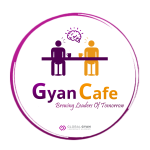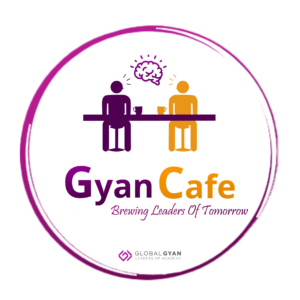3 must-dos for a meaningful conversation


Say the word communication and a plethora of related words come rushing in… listening, articulation, tone, pace, clarity, confidence, conciseness. And then some more: body language, sensitivity, biases, vulnerability and relevance. If we’re talking about developing the skill of communication, it seems like a tall order, having to cover so much ground.
Last week, I asked myself the question: must we learn to communicate better the hard way, working our way through each of these dozen attributes? Or is there a more manageable (fewer) number of more basic things that one can work on? Truth be told, I was not very optimistic, but I seem to have arrived at one such set.
My list of 3 core things to get right is:
- Clarity of purpose
- Present-moment awareness
- Honesty
Metaphorically speaking, the first is about the destination, the second about the journey and third is about the attitude one carries during that journey. Let’s see if our dozen abilities can be tackled if I purposefully practice the shorter list above.
Clarity of purpose / Knowing the destination
I’m thinking back about conversations where I rambled on, missed the point of the discussion or ended up burying the important stuff in verbosity. In these conversations, my audience’s eyes glazed over, they fidgeted or interrupted me with questions. Often, something they said took the conversation elsewhere. All this happened whenever I hadn’t thought of a purpose before the conversation (“I’ll just wing it”) or where I lost sight of it midway.
So being clear about the purpose of a conversation can keep my communication relevant and clear.
I like to think of the purpose as a bright star on the horizon. During a longish journey over uncertain territory, if I keep the star in view or glance at it once in a while, I can stay the course, find a straight path and not go around in circles.
Present moment awareness / Journeying mindfully
This involves paying attention to all that is happening during communication. When I speak, I’m sensitive to the effect I’m having on my audience – are they perturbed, excited, confused, relieved, bored? And that feedback, received in real-time, guides my pace, tone and conciseness. As I sense that the other wishes to say something, I stop speaking and listen with attention. As stray thoughts cross my mind, I inspect them for biases and filters; at times I decide that a certain thought is premature or reflects my prejudices.
So if clarity of purpose is about preparedness BEFORE the conversation, then present-moment awareness is about taking it as it comes DURING the conversation.
Honesty / Attitude during the journey
Reams have been written about the art of selling or “winning friends and influencing people”. In some of these texts, the premise seems akin to dishonesty. The authors would have us believe that one has to be crafty to get something: “Show genuine interest in others so they like you back”, exhorts one such popular tome.
I’d like to submit that plain and simple honesty is a better bet.
It allows me to be confident, because there’s nothing to hide, and no worry about being found out. It results in genuine and appropriate body language, rather than faked poise. Honesty automatically implies vulnerability… I’m transparent about how the conversation is going for me, and I have no desire to hide my delight or disappointment during the conversation. This vulnerability forges a deeper connect with the other, and indeed is a better way to befriend and influence.
Is that it?
So, are we saying, just master these 3, and you don’t have to bother about the 12 separate skills. Well, almost, but not quite.
One notable exception is the ability of articulation. It owes much to even more basic skills: grammar, vocabulary and diction. Being honest, mindful and goal-focussed won’t help if one doesn’t have a good command over language.
Also, in conversations where knowledge of the subject is important, there is no substitute for it. It directly affects confidence, clarity and ability to listen.
Not the only set of 3
Problems like these usually have multiple solutions. My list of 3 could be one such solution (and a debatable one at that!). Do you have a favourite set of 3-4 ‘meta-skills’ for communication?
P.S : Explore our course on Effective Business Communication by Suman Addepalli and take your interactions to the next level.


